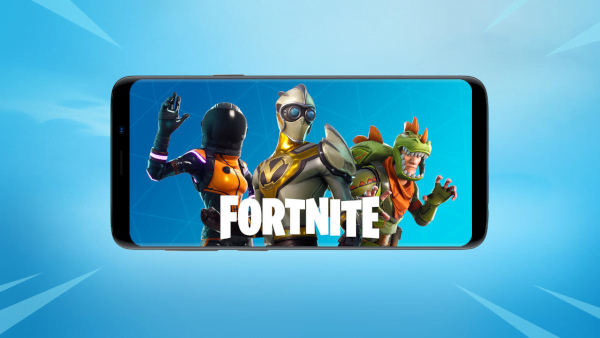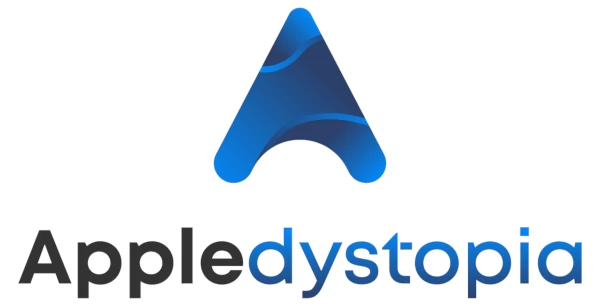
By Chand Bellur
August 14, 2020 at 4:50 p.m. PT
- Fortnite developer Epic Games started selling in-app purchases outside of Apple’s App Store and Google Play.
- Both Apple and Google pulled the extremely popular game from their app markets.
- Epic Games filed a lawsuit against Apple, adding to the legion of third-party developers rebelling against alleged monopolistic tactics.
Fortnite Removed from App Store and Google Play
Legendary game developer Epic Games decided to do something about large tech corporations taking 30% of in-app receipts. The company went over Apple and Google’s heads, allowing customers to purchase V-Bucks directly from Epic Games. The action resulted in the removal of Fortnite, the world’s most popular game, from both the App Store and Google Play.
Epic Games expected this outcome. It’s a provocative move — part of a backlash against monopolistic app markets. Immediately after the ban, the company engaged in a legal battle with Apple, contending that the company employs anti-competitive practices in the App Store.
The move makes Fortnight unavailable for new users on iOS. If you’ve already installed the app, relax. It won’t suddenly disappear. Android users can still install Fortnight over the Web or through Samsung’s app store. Unlike iOS users, Android device owners can install apps outside of the Google Play store. It’s much harder to accuse Google of monopolistic practices. iOS and iPadOS users, however, have no choice but to purchase apps from Apple.
Backlash Against App Store Monopoly Grows
If you want to buy the game Monopoly from an actual monopoly, Apple has you covered. Apple’s monopolistic and anti-competitive stance defines the App Store experience. If you own an iPhone, iPad, or iPod touch, the App Store is the only game in town.
From the developer’s perspective, Apple’s unfree market takes 30% from most app revenues. Whether it’s the app itself, a subscription, or a one-time in-app purchase, Apple takes a whopping 30% cut. In exchange, they host a small app download and handle billing.
For some developers, this arrangement works out well. While there’s still a need to market their product, as apps tend to disappear in the App Store’s voluminous listings, the developer need not create a website or software distribution system. Billing is no longer a concern. This works out well for small businesses in the short term. In the long run, that 30% cut is devastating to profitability. It’s far more than they would have spent on developing a simple e-commerce site.
Larger software developers are clearly being ripped off by Apple. Most already have e-commerce websites capable of billing and distribution. Apple’s 30% cut, in perpetuity, is a hefty price to pay for hosting an app download. Keep in mind, these software developers still need to operate their own data centers. The App Store does not handle the critical and expensive tasks of serving videos, music, or other content. It’s a lot to ask for billing and hosting a small download.
Apple doesn’t charge every developer a 30% cut. Netflix was able to negotiate a sweeter deal, reducing Apple’s share down to 15%. This is still virtual extortion by most industry standards. Again, Apple isn’t hosting Netflix video content. They pay Amazon to run the bulk of their operations. Apple gets 15% of every monthly Netflix subscription, merely for hosting a small app download and handling billing.
Apple’s Legal Team Unstoppable
Apple has a formidable legal team, capable of tying these matters up in court. Furthermore, at its essence, they’re not doing anything blatantly illegal. They run a virtual store and want a commission on sales. It all seems reasonable on the surface.
macOS does not require end-users to install software from the App Store. Distributing apps through the Web, many major software companies eschew the macOS App Store. For example, Ableton Live 10, one of the most popular music production apps, is sold directly to customers and not through the App Store. If the App Store is such a great deal, while do developers forgo it if given a choice?
Apple may win a few battles, but they may also end up losing the war. Congress is getting involved in this discussion. If they pass a law targeted at big tech app stores, Apple can’t do much about it. Forced to open up the App Store, the Cupertino company may allow iOS and iPadOS to sideloaded apps from the Web.
Apple will likely claim that the App Store is a necessity. It protects users from malicious apps. While this is true, macOS users aren’t required to use the App Store. The operating system pops up warnings and user interface obstacles; however, users are allowed to install software over the Web. Android users can do the same. The most likely outcome will be that Apple must allow iOS and iPadOS access to apps outside of the App Store. Don’t expect this to happen anytime soon, as Apple will likely tie the matter up in court for years.


